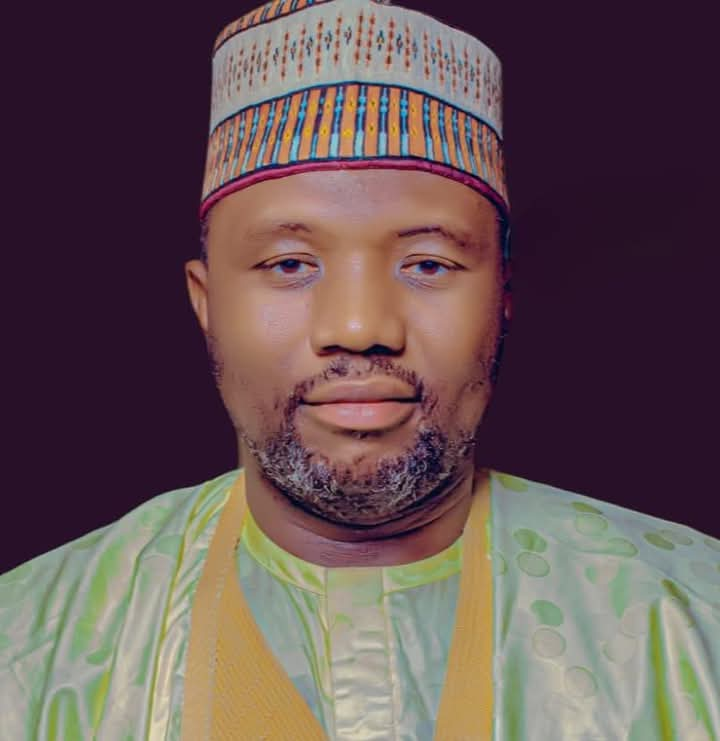Jigawa State government has revealed plans to establish an independent power generation station to supply electricity to the Government House, State House of Assembly, and State Secretariat Complex.
This was disclosed by Dr. Surajo A. Musa, the pioneer Commissioner of the newly created Ministry of Power and Energy, during the presentation of the ministry’s 2025 budget at the State House of Assembly.
He explained that the station, powered by Compressed Natural Gas (CNG), would be located in Dutse to ensure steady electricity supply to the identified facilities.
Dr. Musa revealed a proposed budget of N30 billion for the Ministry of Power and Energy, alongside N10 billion for the Rural Electricity Board and N1.5 billion for the Alternative Energy Agency, covering both capital and recurrent expenditures in 2025.
ALSO READ: Jigawa govt approves N30m to develop electronic procurement portal
Highlighting the state’s innovation, he noted, “Jigawa is the first state to domesticate the National Electricity Act, which empowers state governments to utilize available resources for internal electricity generation.”
Hon. Muhammad Na’eem Adamu, Chairman of the House Committee on Power and representative of Kafin Hausa Constituency, lauded the establishment of the Ministry of Power and Energy. He described it as a positive step and expressed hopes that the budget would significantly improve the socio-economic development of the state.
Governor Malam Umar Namadi recently created the Ministry of Power and Energy as part of efforts to enhance electricity supply and improve power generation through various means.
He also signed into law the Jigawa State Electricity Regulatory Commission Bill, passed by the State House of Assembly.
The law establishes a state regulatory commission tasked with overseeing electricity generation, transmission, system operation, distribution, and supply.
It aims to improve electricity access for residents while fostering private sector investment in the power sector.
The legislation promotes diverse electricity solutions, including grid, mini-grid, and off-grid systems, utilizing renewable and non-renewable energy sources to meet the state’s growing energy demands.
NIGERIAN TRIBUNE
